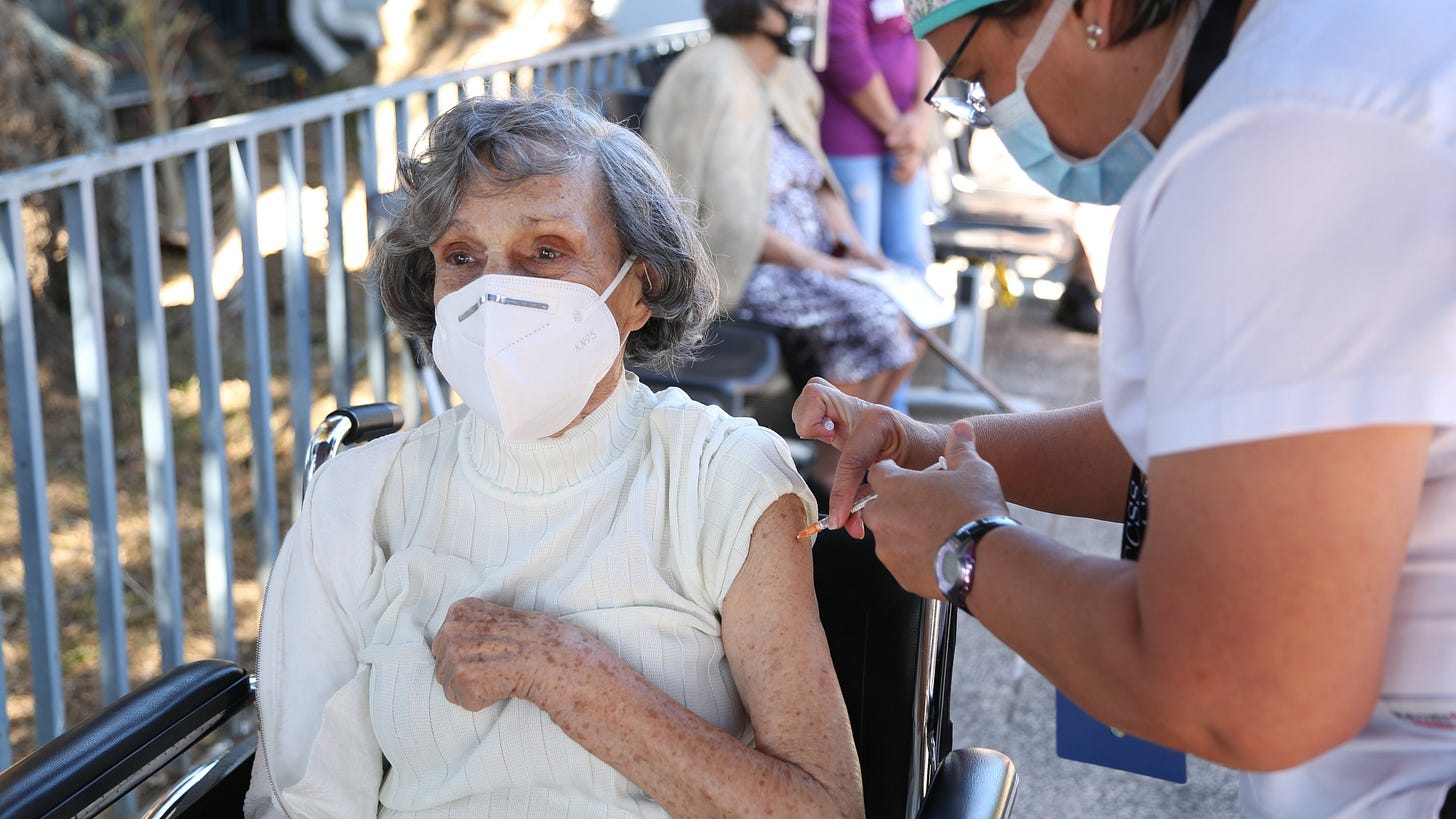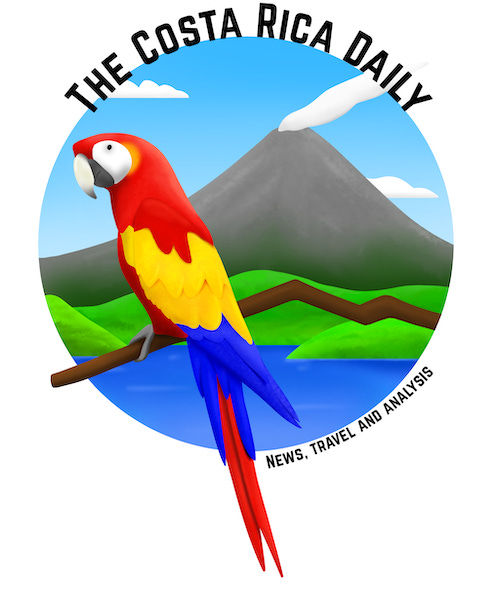Costa Rica coronavirus vaccine FAQ
Everything you need to know about Costa Rica's vaccine efforts.
Last December, Costa Rica began a national vaccination campaign against Covid-19. The country has now administered some 250,000 doses with a goal to vaccinate at least 80% of its adult population by the end of 2021.
Here’s what to know about Costa Rica’s coronavirus vaccine efforts:
Who gets the vaccine first?
The National Commission of Vaccination and Epidemiology, part of the Health Ministry, says the vaccination priority is as follows:
First group (110,000 people): Staff and residents at retirement or nursing homes. First responders, including health personnel.
Second group (850,000 people): Costa Rica’s older population, defined here as ages 58 and up. The government says this group will be required to demonstrate residency with a cédula or DIMEX.
Third group (1.5 million people): People from 18-58 with risk factors, including hypertension, diabetes, heart disease, respiratory illness, kidney disease, obesity and cancer, among others.
Fourth group (150,000 people): Teachers and other staff within the Education Ministry (MEP) or private schools. Imprisoned people and judicial staff. Workers for the 911 service.
Fifth group (800,000 people): Remaining Costa Rican adults ages 18 and older.
Currently, Costa Rica is vaccinating Group 1 and Group 2.
How do I sign up for the vaccine?
Costa Ricans and legal foreign residents over 58 years of age should confirm they are registered at their local EBAIS, the community health clinics. People who have previously been seen through Costa Rica’s public-health system should verify their contact information via the EDUS mobile phone application or at the EBAIS.
The Social Security Fund (CCSS) will call citizens and residents to schedule their vaccine appointments.
Why has the process been so slow?
Following Tuesday night’s delivery, Costa Rica has received 500,000 doses of the Pfizer/BioNTech vaccine and administered 250,000 jabs.
The lower throughput has two primary factors:
Pfizer paused deliveries in early 2021, which forced Costa Rica to store vials to ensure everyone who had gotten the first jab had access to their second dose.
Until last week, Costa Rica didn’t have enough ultra-low-temperature freezers to efficiently distribute vaccines outside of the San José area.
Pfizer has since resumed regular deliveries, and Costa Rica now has a network of cold storage, which means vaccination rates should increase.
What vaccines is Costa Rica using?
Costa Rica has a contract for 4 million doses of the Pfizer vaccine, enough for 2 million people. These will all be delivered by the end of 2021.
In addition, Costa Rica will start to receive the AstraZeneca vaccine in May. These doses will come through a direct contract with AstraZeneca, and also through the Covax facility.
To date, Costa Rica has not authorized any formulas other than Pfizer and AstraZeneca.
What about side effects?
The Pfizer vaccine has been tested in large clinical trials and continues to be monitored. None of the vaccine trials reported serious safety concerns.1
However, people with a history of severe allergic reaction to injectables or other vaccines should discuss the vaccination with their doctor.
In Costa Rica, fewer than 0.7% of vaccine applications have presented any side effects. The vast majority of these were pain at the injection site or a low fever. Only two serious events were “possibly” or “probably” linked to the injection; both patients have recovered.
Several countries have paused rollouts of the AstraZeneca vaccine over blood-clot concerns; the Health Ministry indicated that while there has been no determination of a causal relationship between the two, it is monitoring ongoing research.
Can tourists get vaccines?
Not at this time. According to the CCSS, foreigners in Costa Rica must have “regular immigration status in the country and therefore, must present their DIMEX” in order to receive a vaccine through the national vaccination campaign.
Whenever global supply constraints end, Covid vaccines will likely be available at private hospitals/pharmacies in Costa Rica. At that point, any adult could purchase one.
Support The Costa Rica Daily
It takes quite a bit of time to research and write these stories. Your support helps pay for the caffeine that makes this possible:
To read more, we recommend this great summary from Johns Hopkins University.



